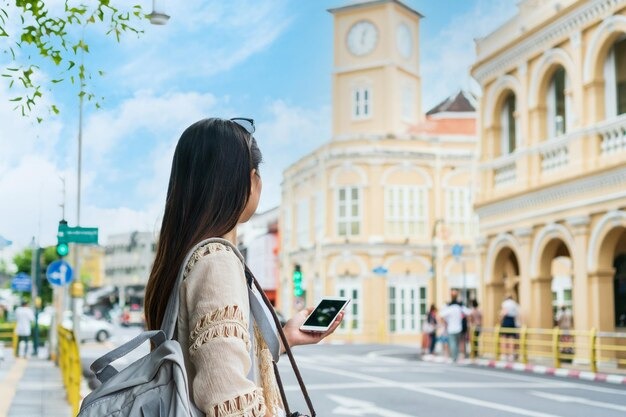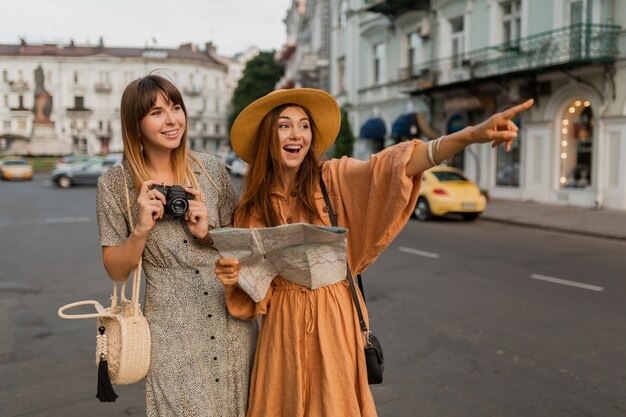Travel for a Modern Lifestyle
In an era where remote work, digital nomadism, and flexible schedules redefine how we live, travel has evolved from a mere vacation activity to an integral part of contemporary life. No longer confined to two-week annual breaks, modern travel blends seamlessly with daily routines, offering both adventure and productivity. Whether you’re a freelancer, entrepreneur, or someone seeking a richer life experience, understanding how to incorporate travel into your lifestyle is essential.
Why Travel Fits the Modern Lifestyle
The traditional boundaries between work and leisure have blurred. With laptops and reliable internet, professionals can work from anywhere—be it a beach in Bali or a café in Lisbon. This shift has made travel more than just an escape; it’s a way to enhance creativity, broaden perspectives, and maintain a balanced life.
Consider the rise of co-living spaces in cities like Berlin or Medellín, where digital nomads share workspaces and apartments. These setups cater to those who want to explore new cultures without sacrificing productivity. Similarly, airlines now offer subscription-based models for frequent travelers, acknowledging that mobility is a staple, not a luxury.
Practical Ways to Integrate Travel into Daily Life
1. Micro-Adventures Close to Home
Not every trip requires a passport. Modern travel embraces the concept of micro-adventures—short, local excursions that break the monotony of routine. A weekend hiking trip, a day exploring a nearby town, or even an overnight stay in a boutique hotel can rejuvenate your mindset without extensive planning.
2. Workations: Combining Productivity and Exploration
Instead of waiting for annual leave, many now opt for workations—extended stays in new locations where work and leisure coexist. For example, a graphic designer might spend a month in Lisbon, working mornings and exploring historic neighborhoods in the afternoons. Platforms offering long-term rentals make this feasible, with accommodations tailored for remote workers.
3. Slow Travel for Deeper Connections
The modern traveler often prioritizes quality over quantity. Slow travel—spending weeks or months in one place—allows for deeper cultural immersion and reduced environmental impact. Renting an apartment in Kyoto for a month, for instance, lets you experience the city beyond tourist hotspots, fostering authentic connections.
Financial and Logistical Considerations
While travel is more accessible than ever, smart planning ensures sustainability. Here are key factors to consider:
Budgeting for Flexibility
Modern travel thrives on flexibility. Instead of fixed itineraries, allocate funds for spontaneous opportunities. Subscription services like flight passes or train cards can reduce costs for frequent trips. Apps that track price drops for accommodations also help stretch your budget further.
Minimalist Packing
Efficiency is key. A capsule wardrobe and multipurpose gadgets—like a smartphone with a high-quality camera—lighten your load. Brands now offer sleek, durable luggage designed for seamless transitions between work and exploration.
Navigating Visa and Legalities
Countries increasingly introduce digital nomad visas, such as Estonia’s or Portugal’s, catering to remote workers. Research visa policies early to avoid disruptions. Some nations allow stays of up to a year, provided you meet income requirements.
The Psychological Benefits of a Mobile Lifestyle
Beyond logistics, travel enriches mental well-being. Exposure to diverse cultures fosters adaptability, while new environments spark creativity. Studies suggest that individuals who travel regularly report higher levels of happiness and reduced stress.
Take the example of a software developer who alternates between cities every few months. The constant change prevents burnout, as each location offers fresh stimuli—whether it’s Lisbon’s vibrant tech scene or Chiang Mai’s tranquil mountains.
Challenges and How to Overcome Them
Despite its perks, a travel-centric lifestyle isn’t without hurdles. Time zone differences can complicate client calls, and loneliness may arise from transient relationships. Combat these by:
- Setting a Routine: Designate work hours aligned with your home base’s time zone.
- Building a Community: Join local coworking spaces or expat groups to forge connections.
- Prioritizing Health: Use apps to find gyms or healthy eateries in new cities.
Final Thoughts: Making Travel Sustainable
The modern lifestyle demands balance. Travel shouldn’t deplete resources or energy; it should enhance your life. By adopting strategies like slow travel, workations, and financial planning, you can make mobility a sustainable, rewarding habit. The world is no longer a place to visit occasionally—it’s a space to live in, one adventure at a time.
Practical Guidance for Implementing Effective Strategies
When implementing strategies for your WordPress site, start by defining clear objectives. Whether you aim to increase engagement, improve SEO rankings, or enhance user experience, having a well-articulated goal ensures that your efforts are focused and measurable. Break down your strategy into actionable steps, such as optimizing metadata, improving site speed, or creating a content calendar. Use tools like Google Analytics to track progress and adjust your approach as needed.
Additionally, prioritize accessibility and mobile responsiveness. With a significant portion of web traffic coming from mobile devices, ensuring your site is optimized for smaller screens is crucial. Test your site across different devices and browsers to guarantee a seamless experience for all users.



